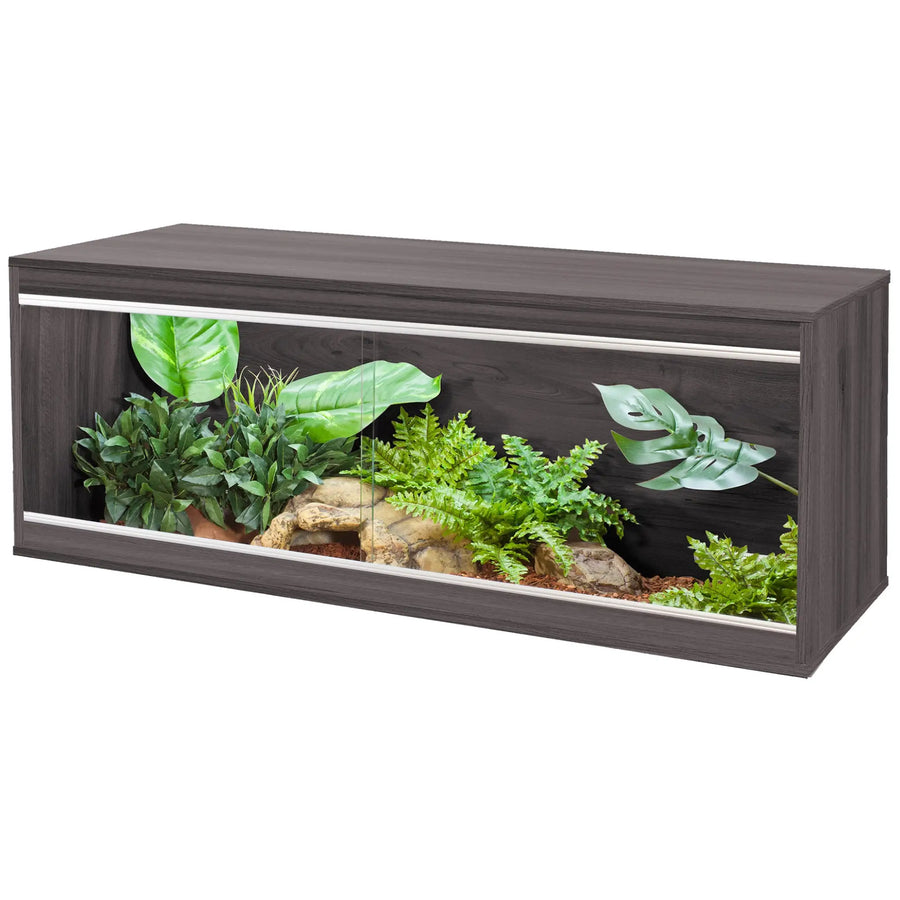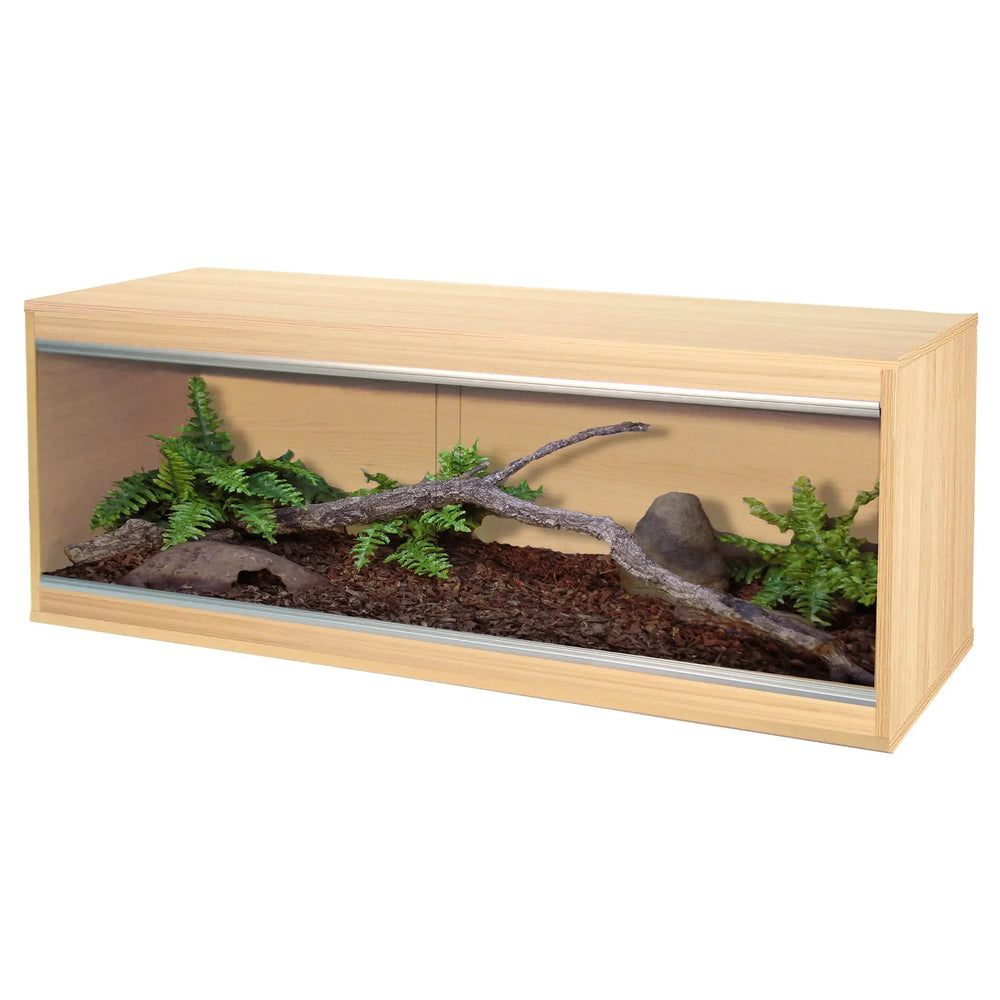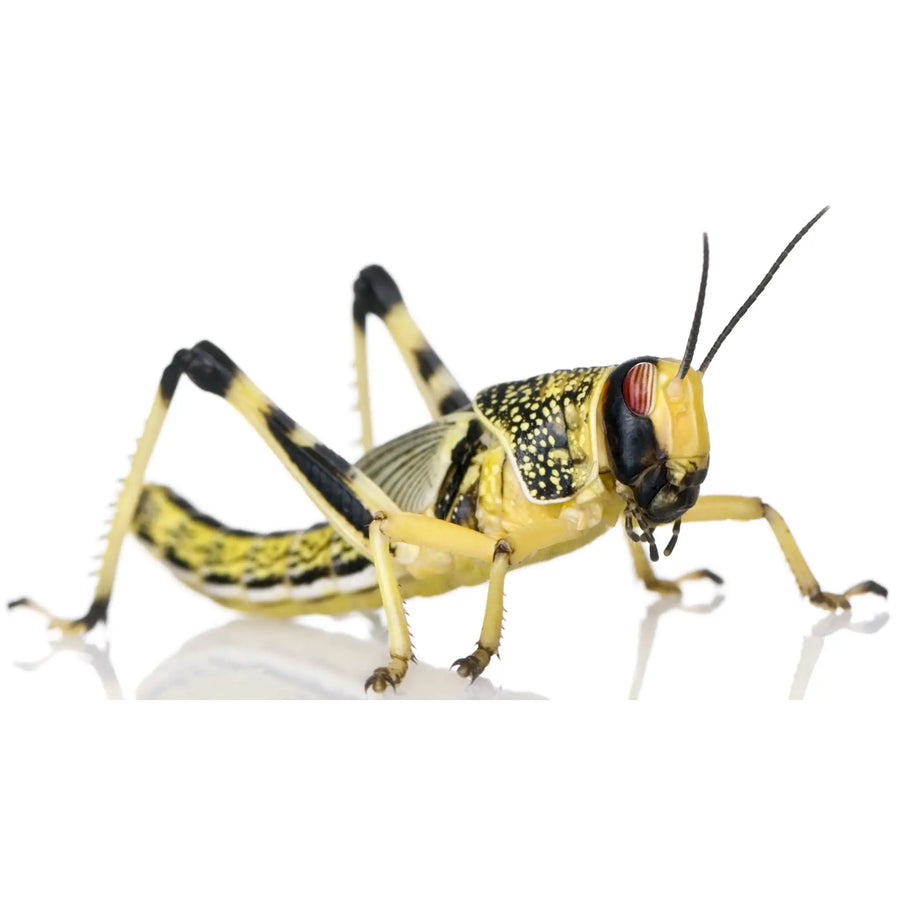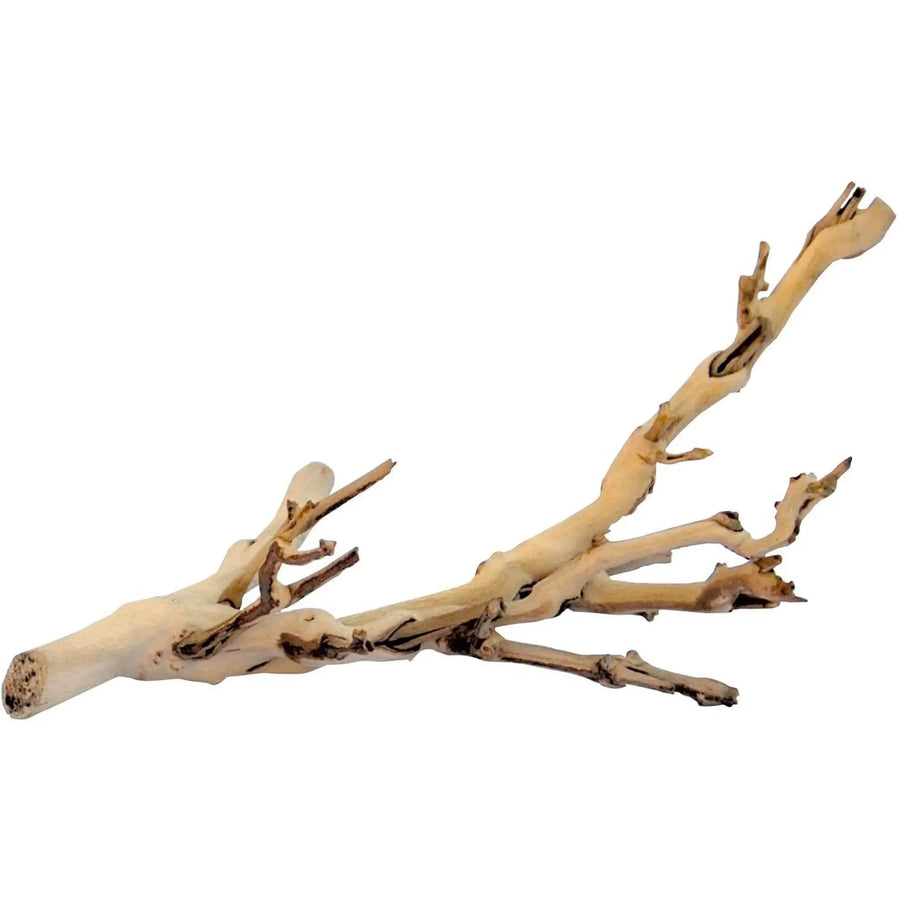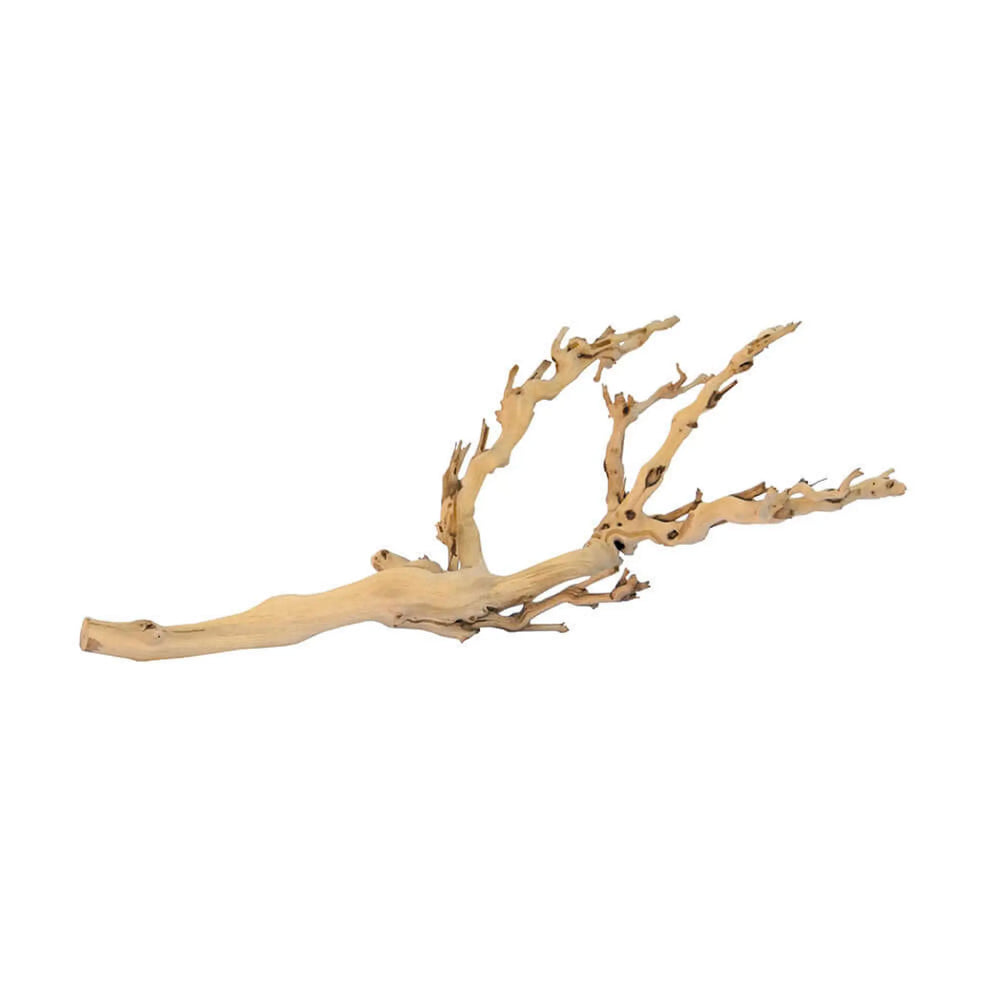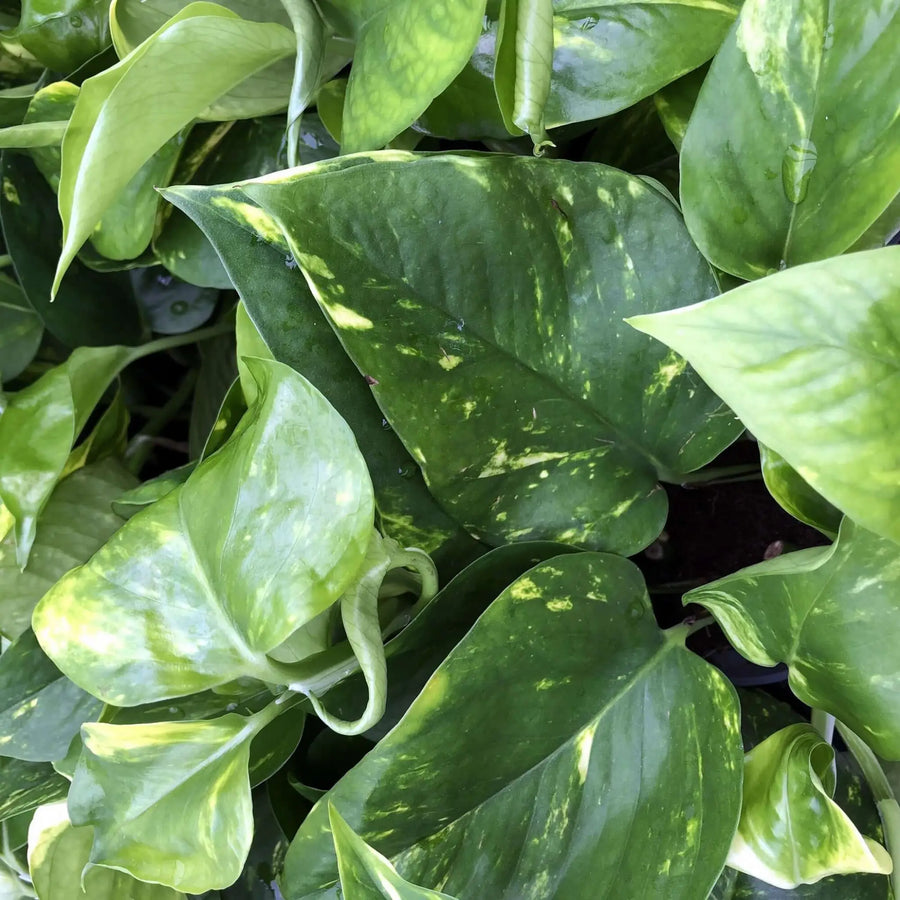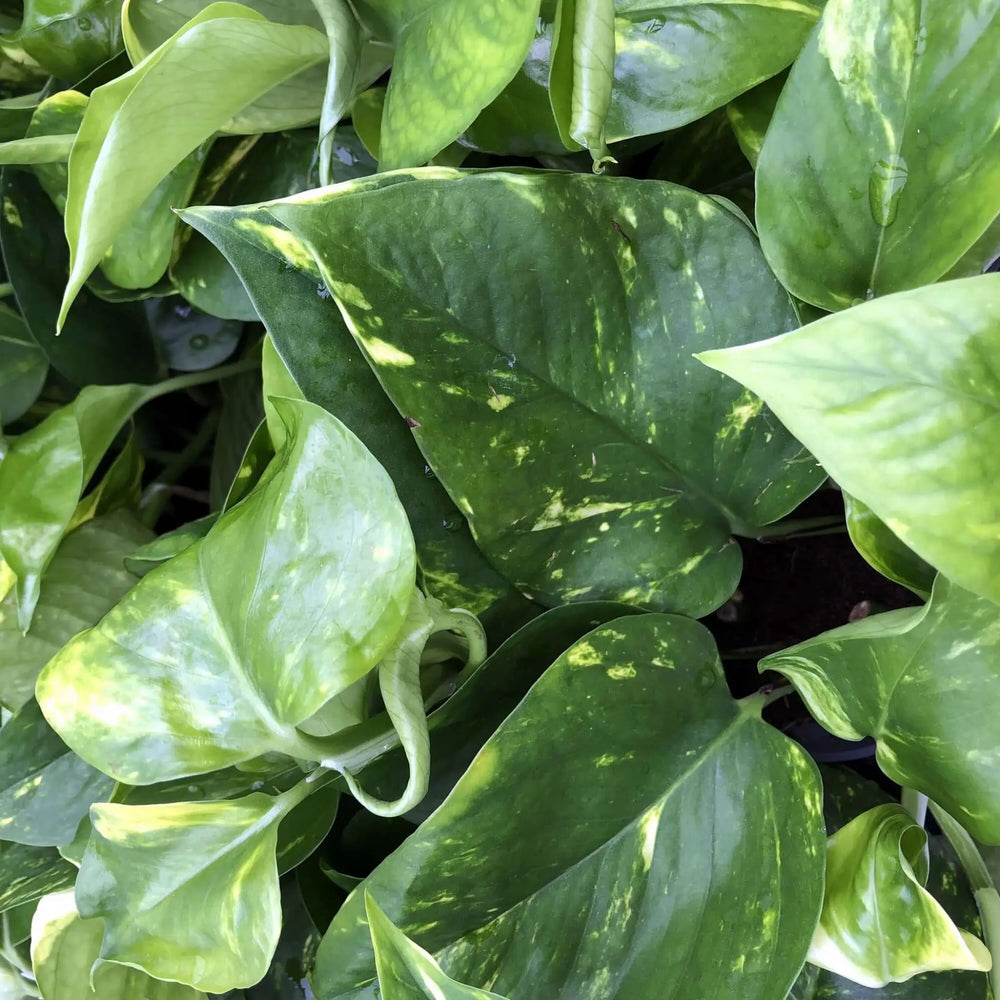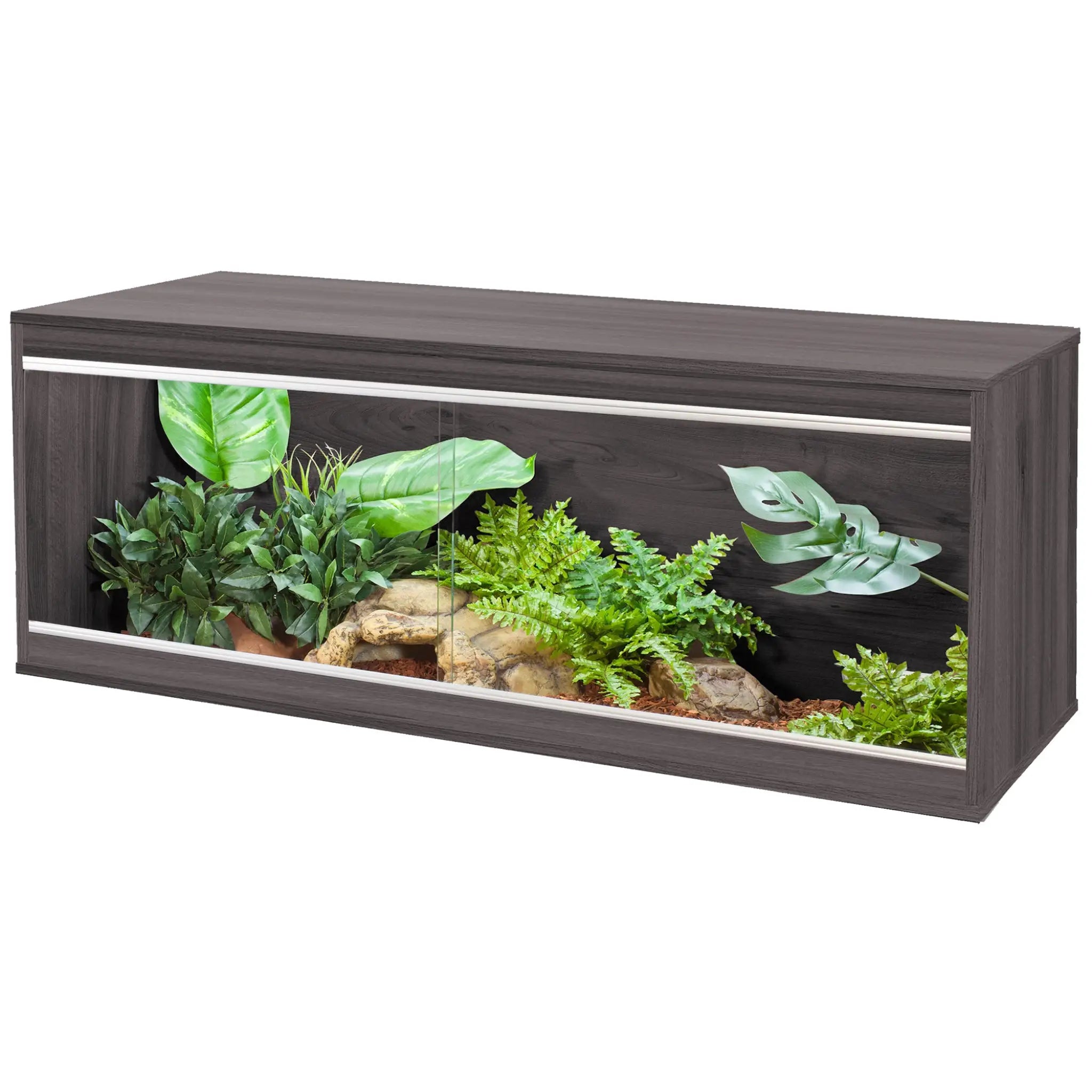
Are Bearded Dragons Good Pets? 5 Reasons To Say Yes
by Luke Tansley on in Animals Bearded Dragons Guides Lizards
Have you ever wondered about getting a beardie and asked are bearded dragons good pets? From their passive nature and ease of care to their longevity and personality, they can make a fantastic pet, even for beginners.
Bearded dragons are fast becoming one of the most popular pets in the UK. What’s more, at the Northampton Reptile Centre, they are the top choice of reptile by a mile. Here are five brief points that make bearded dragons good pets.
1. Behaviour

The central bearded dragon is generally a calm slow moving individual with a tendency towards being passive rather than aggressive. They are great for kids as they are easy to handle and have a great temperament.
Bearded dragons will often run up and down the glass for attention, they will line up at dinner time and definitely won't hesitate to stare you down if dinner is late! They are definitely lizards with personality.
2. Ease of Care

Bearded dragons make a great pet for children and adults on the go. The main aspect of their care is getting the environment right.
Once you have the correct setup with the right UVB and temperatures they are incredibly easy animals to care for. Give them the correct diet, make sure they're hydrated and keep their vivarium clean and that's pretty much all they need to stay happy, healthy and thriving.
3. Size

Bearded dragons are a great size. Young dragons are small enough that most homes can accommodate their vivarium of around 1200mm (4 foot), but large enough that they can be comfortably handled by younger children with little risk of scaring them or causing injury.
They will happily spend most of their time basking in their vivarium, although it is nice to be able to get them out so they can explore your living room floor. They max out at around 600mm (2 foot) with around a third of that being the tail and do not get very heavy. It’s also important that male bearded dragons should be housed separately, as they can be very territorial.
4. Individuality

Bearded dragons are great examples of a unique pet as no two dragons will ever be the same. From different patterns and colours to little changes in behaviour and character, each dragon is truly unique.
You will see interactions from individuals and soon realise that they are all different, some may be lazy whilst others are hyperactive. All of them are generally inquisitive and usually get calmer as they grow older, but it's still refreshing to see each bearded dragon has its own personality.
5. Longevity

Bearded dragons tend to live over eight years in captivity and raising one up from a juvenile can be a rewarding experience. You can pick up young bearded dragons at around three to four months old and expect to keep them for the next decade.
As many animals take a lot of care, it is nice to have a pet that is easy to keep and will be with you for such a long time.
Taking Care of Bearded Dragons: What do They Need?

Now that you know a bit more about bearded dragons and how they act, it’s important to understand what they need to have a good quality of life. Most of the needed equipment and food for captive bearded dragons can be found in pet stores, such as Northampton Reptile Centre, but here’s what they need specifically.
What do Bearded Dragons Eat?
Bearded dragons are omnivores, consuming both plants and insects. A varied diet is important, so you should offer a mix of insects like crickets and morio or super worms, as well as greens such as dandelion and spring greens.
Baby bearded dragons need more protein, so they should be fed more insects. As they grow, gradually introduce more leafy greens.
Dust their food with calcium powder to help prevent metabolic bone disease. Avoid wet substrate like soil, as it will raise humidity too much.
What does a Bearded Dragon’s Enclosure Need?
Setting up the right habitat is key for a bearded dragon's health. Their enclosure needs a temperature gradient, as it’s important to replicate their natural environment
This includes a basking spot with UVB lighting and areas of shade. Maintain the correct temperatures at night with ceramic bulbs and thermometers to ensure they stay comfortable, as they are cold-blooded.
Use a dust-free coarse beech woodchip or sand/soil mix such as ProRep Bio Life Desert Substrate to line the tank. Include a shallow bowl for water and rocks or branches for climbing.
Cleaning and Maintenance for Bearded Dragons
Regular cleaning is necessary to prevent health issues for your pet bearded dragons. Remove uneaten food and spot-clean the enclosure daily to keep it fresh. Completely clean the tank and any accessories, like the water bowl, at least once a month.
When cleaning, use warm water with a reptile-safe disinfectant. Make sure the equipment is thoroughly rinsed before adding them back in. Replace the bedding or substrate whenever cleaning the enclosure.
Keeping the enclosure clean prevents respiratory infections and weight loss. Regular veterinary care will help promptly catch any health problems.
Looking for the Perfect Pet Lizard? Visit Reptile Centre Today

We think you will love our bearded dragons for their nature, personality and behaviour, so why not come in and check them out for yourselves at our exotic pet store? We can help find the right pet for you, as we have all kinds of reptiles, including lizards for beginners and expert keepers.
You’ll find bearded dragons, frogs, tortoises, geckos, snakes and spiders, whether at our store in Towcester or Northampton. If you have any more questions or need some help, contact us at 01604 753823 ext. 2 or sales@reptilecentre.com.


